What is the difference between a slurry pump and a water pump?
The primary difference between a slurry pump and a water pump lies in their design and application. While both pumps are used to move fluids, they are specifically designed to handle different types of fluids and perform distinct functions. Let's explore the differences between a slurry pump and a water pump:
Slurry Pump: A slurry pump is a type of centrifugal pump designed to handle abrasive and high-density slurries. Slurries are mixtures of solid particles suspended in a liquid, such as mud, sand, silt, or other abrasive materials. Slurry pumps are commonly used in mining, dredging, industrial processing, and wastewater treatment applications, where the movement of heavy and abrasive fluids is required.
Key Characteristics of Slurry Pump:
Robust Construction: Slurry pumps are built with robust materials, such as high-chrome alloys or rubber, to withstand the abrasive nature of the fluid they handle.
Impeller Design: The impeller of a slurry pump is typically larger and heavier than that of a water pump. It is designed to create higher flow rates and handle the solid particles in the slurry.
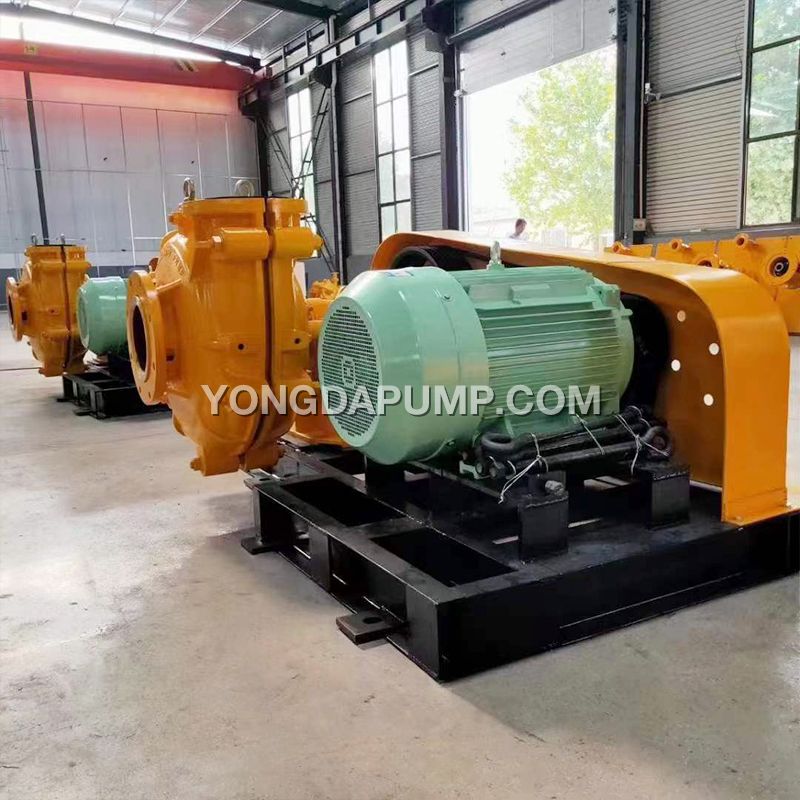
Wear Resistance: Slurry pumps are engineered to be highly wear-resistant, as the abrasive particles in the slurry can cause significant wear and tear on the pump components.
Lower Efficiency: Slurry pumps generally have lower efficiency compared to water pumps, as they need to overcome the additional resistance caused by the presence of solid particles.
Recommended article:What are the benefits of low pressure molding?
Differences Between Pipe Joints And Pipe Fittings
Comparing Grey Iron Casting with Other Casting Methods: Benefits and Limitations
What are bevel gears used for?
What are the advantages of ball valves?
What are Major Functions of an I/O Module?
What are the benefits of a pressure control valve?
Water Pump: A water pump is a device used to move and circulate water or other non-abrasive fluids. Water pumps are commonly used in residential, commercial, agricultural, and industrial applications to supply water, control water flow, or manage fluid levels. They are essential in various systems, such as irrigation, heating and cooling, firefighting, and plumbing.
Key Characteristics of Water Pump:
Versatility: Water pumps are versatile and can handle a wide range of fluids, including clean water, clear water, and non-abrasive liquids.
Energy Efficiency: Water pumps are designed to be energy-efficient, as they primarily move fluids without the added resistance of abrasive particles.
Impeller Design: The impeller of a water pump may vary in size and design depending on the specific application, but it is generally smaller and lighter than that of a slurry pump.
Conclusion: In summary, the main difference between a slurry pump and a water pump lies in their construction, impeller design, and intended application. Slurry pumps are specifically engineered to handle abrasive and high-density slurries, while water pumps are versatile devices used to move various non-abrasive fluids, primarily water. When selecting a pump for a specific application, it is crucial to consider the nature of the fluid being handled to ensure optimal performance and efficiency.
7 Essential Tips for Maintaining Water Solenoid Valve
Unlocking the Benefits of Higher Steel Fiber Density: What You Need to Know
Top Quality Stainless Steel Blind Flanges Available Now - Shop the Best Deals!
Loader bucket teeth: The key to efficient earthmoving operations?
Revolutionizing Construction with Polymer Concrete Fiber Innovation
Unlocking the Top Secrets of Spiral Bevel Gears: Everything You Need to Know
Ultimate Guide to Excavator Attachments for Maximum Efficiency
Related Articles
-
Equal Tee: A Comprehensive Guide to Fittings in Plumbing Systems
428
0
0
-
Exploring the Function and Benefits of an Equal Tee in Plumbing Systems
-
Anti Corrosive Primer: Protecting Metal Surfaces From Corrosion
400
0
0
-
What are the differences between expanding gate valves and other types of valves?
-
What Is the Best Seal for a Rotating Shaft?
384
0
0
-
Applications and Benefits of Pallet Inverters
405
0
0

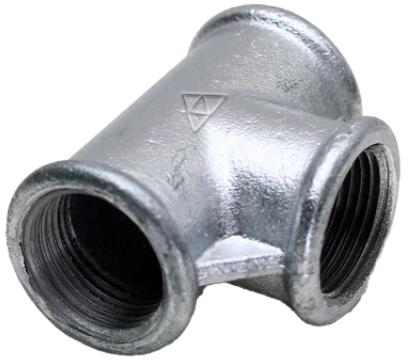
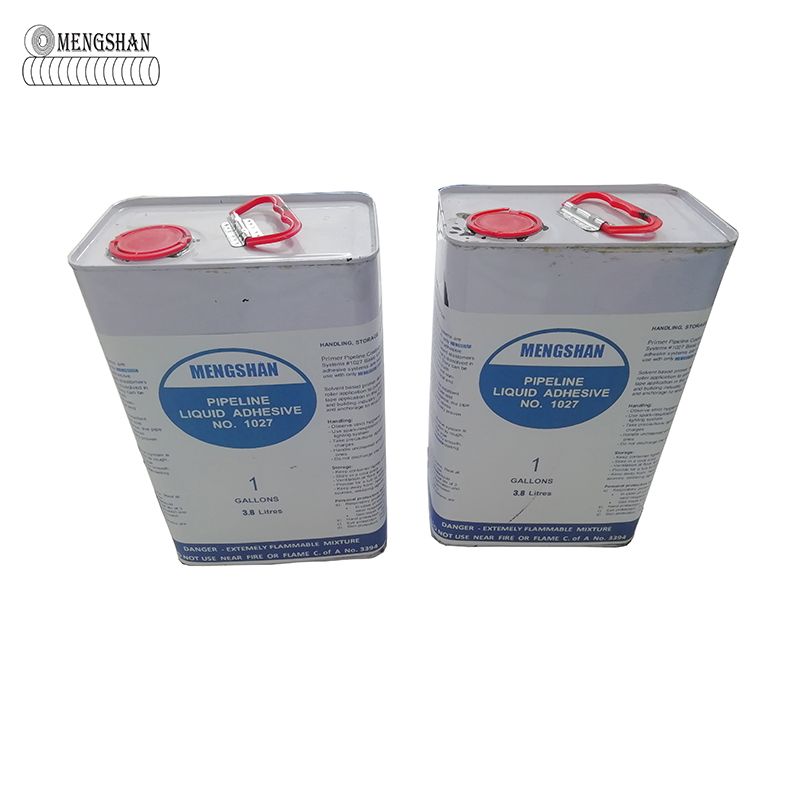
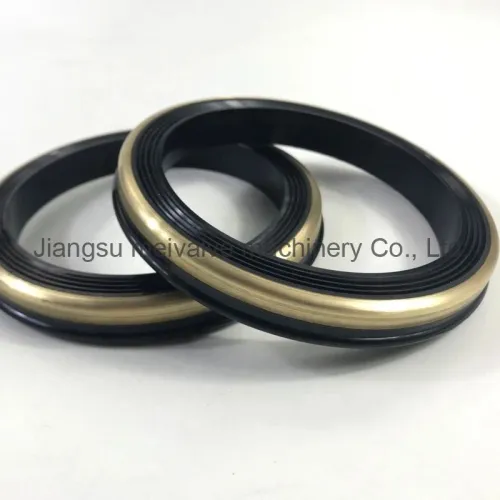
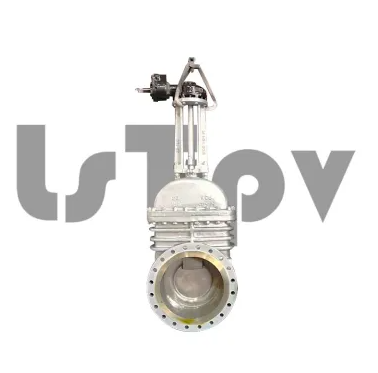
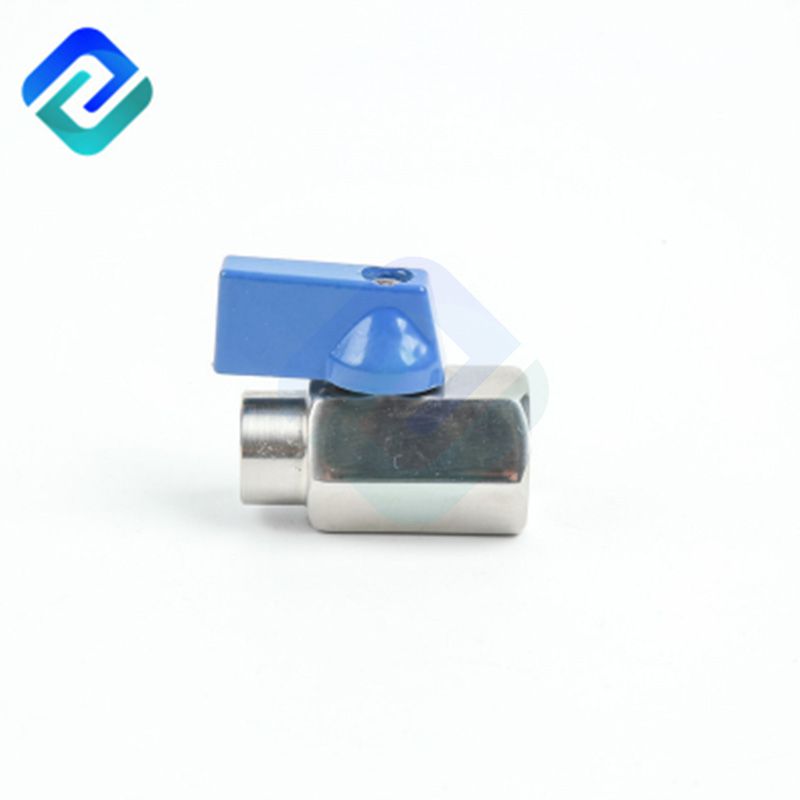
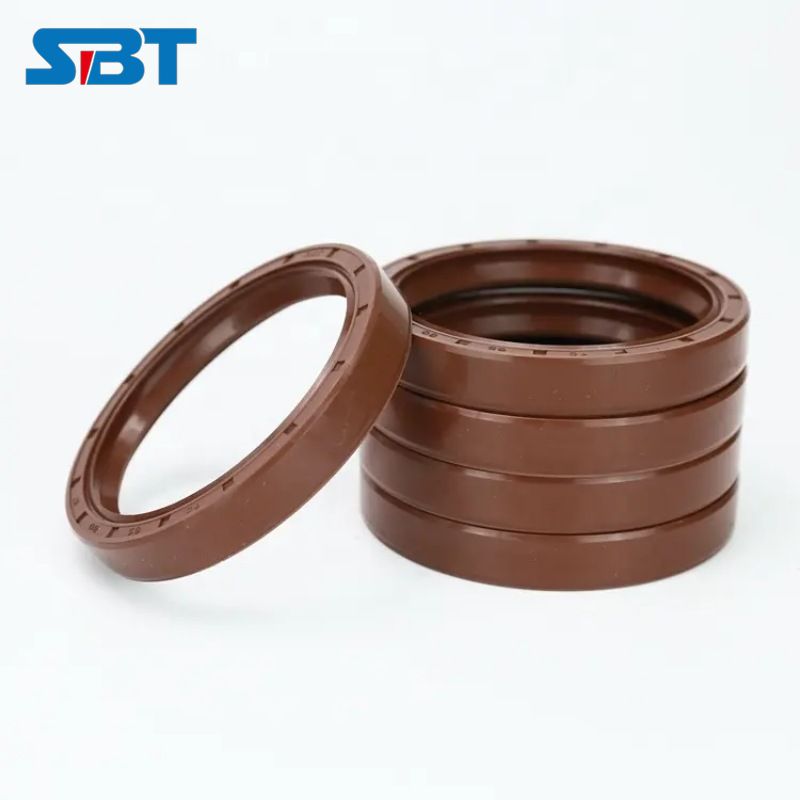
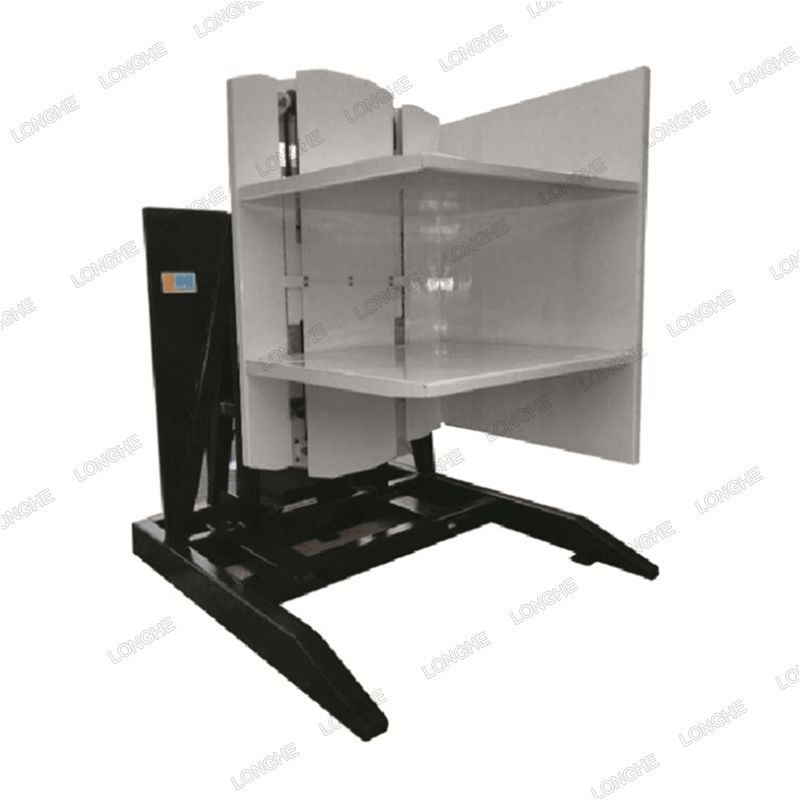
Comments
0